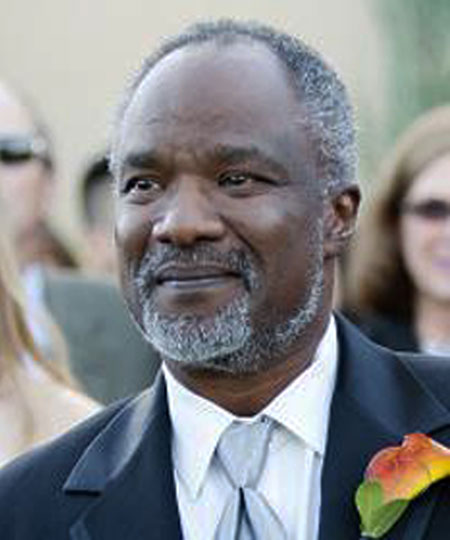UNION LEADERSHIP DEVELOPMENT
Building a strong local union—Advocacy in action
By Michelle Kern, CSM Part-Timer Rep.
California Federation of Teachers members from all over the state meet each year for week-long summer classes covering topics ranging from basic training for work in a local to developing broad, long-range strategies for strengthening a union while connecting to issues in the community. This summer, members met at Cal Poly Pomona for both labor training and thoughtful explorations of the issues that we presently face as union members and educators in California.
$5 billion shift from California prisons to education and health and human services
CFT President Joshua Pechthalt, addressing the attendees on opening day, described some of the wins, and challenges, from the past year. One major point mentioned, from the plus column, is that CFT has been instrumental in negotiating for a shift of $5 billion dollars in the California state budget from prisons and the rainy day fund, to Education and Health and Human Services.
Challenges still remain ahead though, including work to pass an accreditation reform bill, AB1942, to address the lack of transparency of the current accreditation process, crafted in the wake of the attempt to shutter City College of San Francisco by the ACCJC. On other political fronts, the union is also pressing the state legislature to pass a state oil extraction tax—California is one of the only states that does not levy this tax, and these funds would make more revenue available to education.
Pechthalt also introduced Dr. Jose Calderon, Professor Emeritus of Sociology and Chicano/a-Latino/a Studies at Pitzer College, a union and Chicano movement activist who was involved in the struggle for bilingual education and also accompanied Cesar Chavez in the arena of farmworker justice.
Dr. Calderon highlighted the wins achieved by building strong and broad coalitions in his community, where he saw his students being marginalized for being immigrants and struggling with learning with English as a second language. His students witnessed, and participated in, the Chavez movement and the pilgrimage marches organized by the farmworkers and allies. Inspired by the strength of this movement, the students organized and attained the first bilingual education program in the United States.
The creation and cultivation of democratic spaces for decision making is key in opposing the corporate reform of education, said Dr. Calderon, also adding that the movement to blame educators for societal ills has parallels in the rush to blame immigration as a source of problems. Dr. Calderon then ended by highlighting the need to solve economic issues to solve the problems in education and in communities. Teachers have an organic connection to all of the communities which corporate reformers do not support, and have the potential to help grow large movements to oppose those corporate reform efforts.
Trainers Laura Kurre and Edith Sargon, in the “Building a Strong Local Union” class, led union members through five days of work focusing on how to find issues in the union and community that connect with people and how to create campaigns around those to win goals. Students included classified staff, K-12 teachers, and part-time teachers from California’s two-year and four-year colleges.
Union organizing includes continuing to energize members and to connect with community allies
While many people associate the concept of union organizing solely with the work of getting a fledgling union up and running, with winning membership over to voting to unionize— once this victory is achieved and the union has become a standard part of the workplace, the challenge is to energize members to participate in the local and feel that they can have access to it and connect with other members. Internal organizing is the key to building the capacity of the local, building ties among membership and, potentially, with community allies.
Building this internal capacity brings a stronger foundation to union work in general—and also creates a stable bulwark for facing obstacles that might arise, whether it be a local’s facing the challenges of a contract negotiation, or the union pushing back in the face of large-scale crises such as the threat to City College of San Francisco. Without a foundational structure in place, bringing force to bear on these problems can take a dangerously long time.
Even when an institution or union is not facing hurdles, a strong local union’s organizing can bring positive wins to education and the community. An active roster of energized and participating members creates the kind of democratic space described in Dr. Calderon’s opening address. We can identify the issues that move us as a union and build coalitions with organizations outside the union that share our vision for educational access. Many teachers are already involved in such organizations and a strong local union will identify them and see where those relationships can build alliances that could lead to wins on the legislative front or toward other goals.
Building a strong local union means recognizing the shared goals and values among our membership in AFT 1493 and creating a space that exists not just as a support but also as a catalyst. As we open on a new school year, this is an ideal time to reflect on the common values and concerns that we share, and to bring our collective understanding to the work of building relationships with each other.

